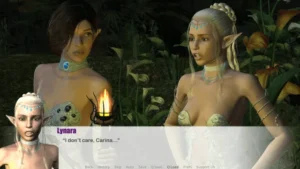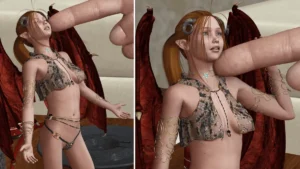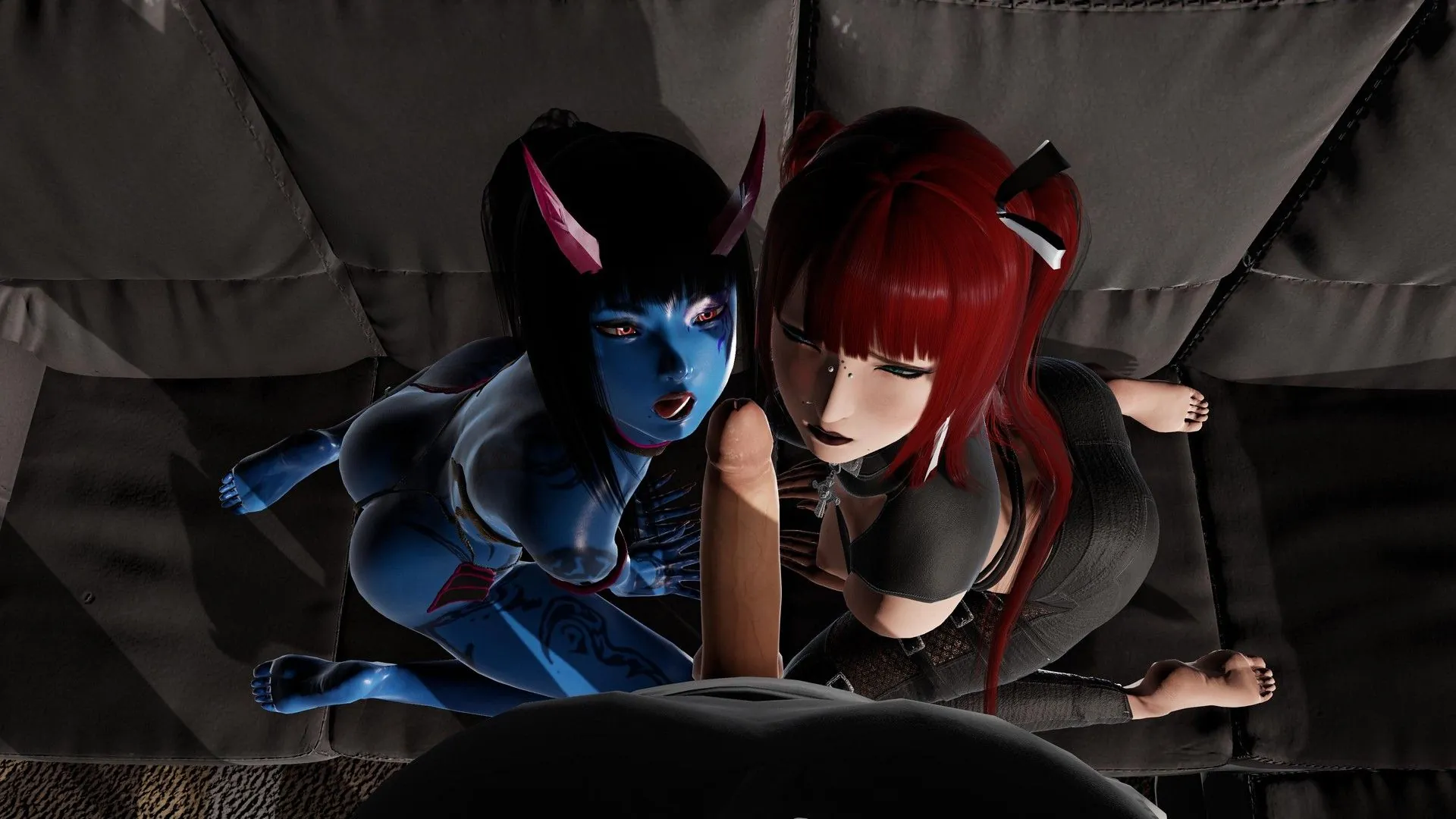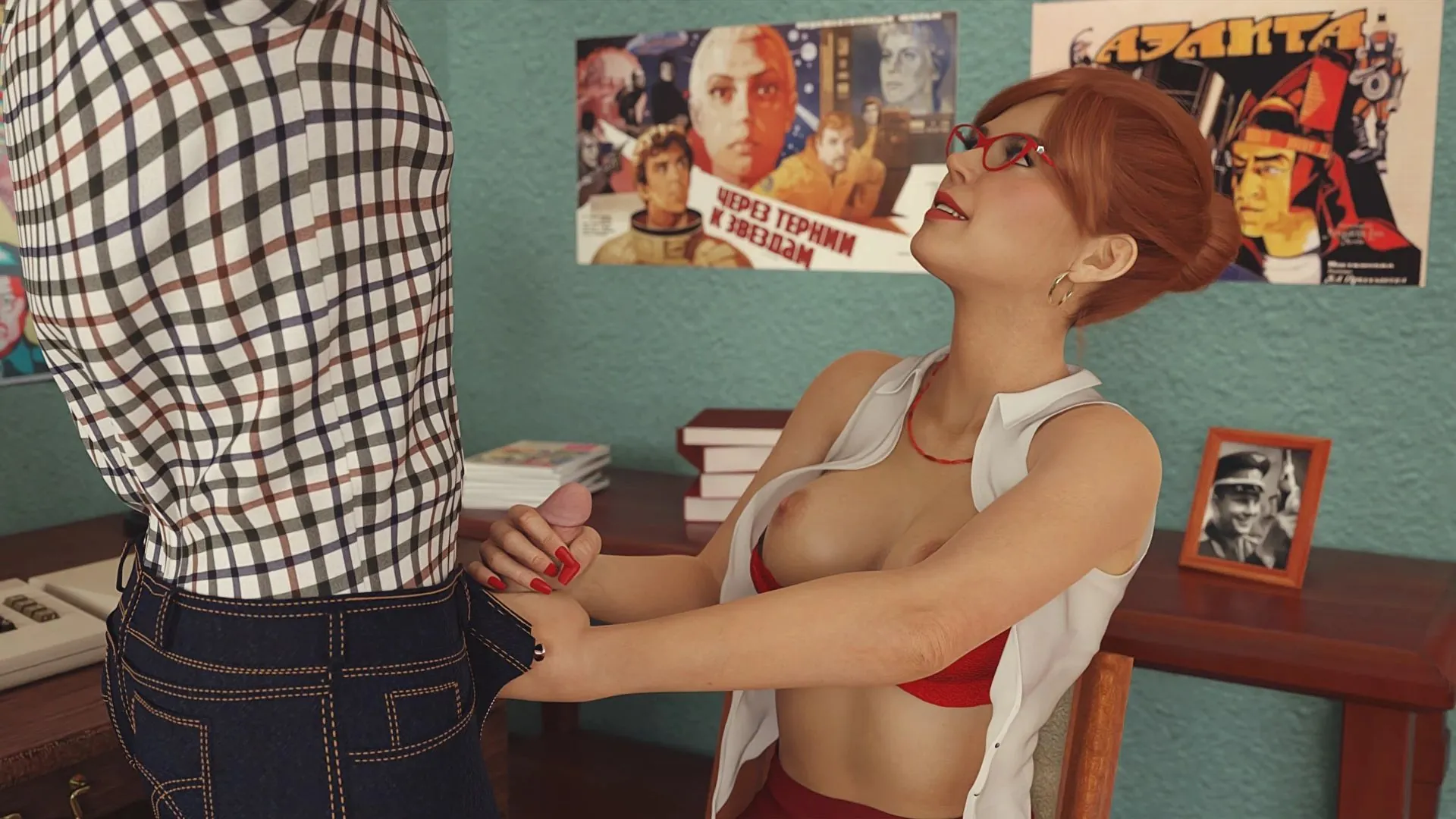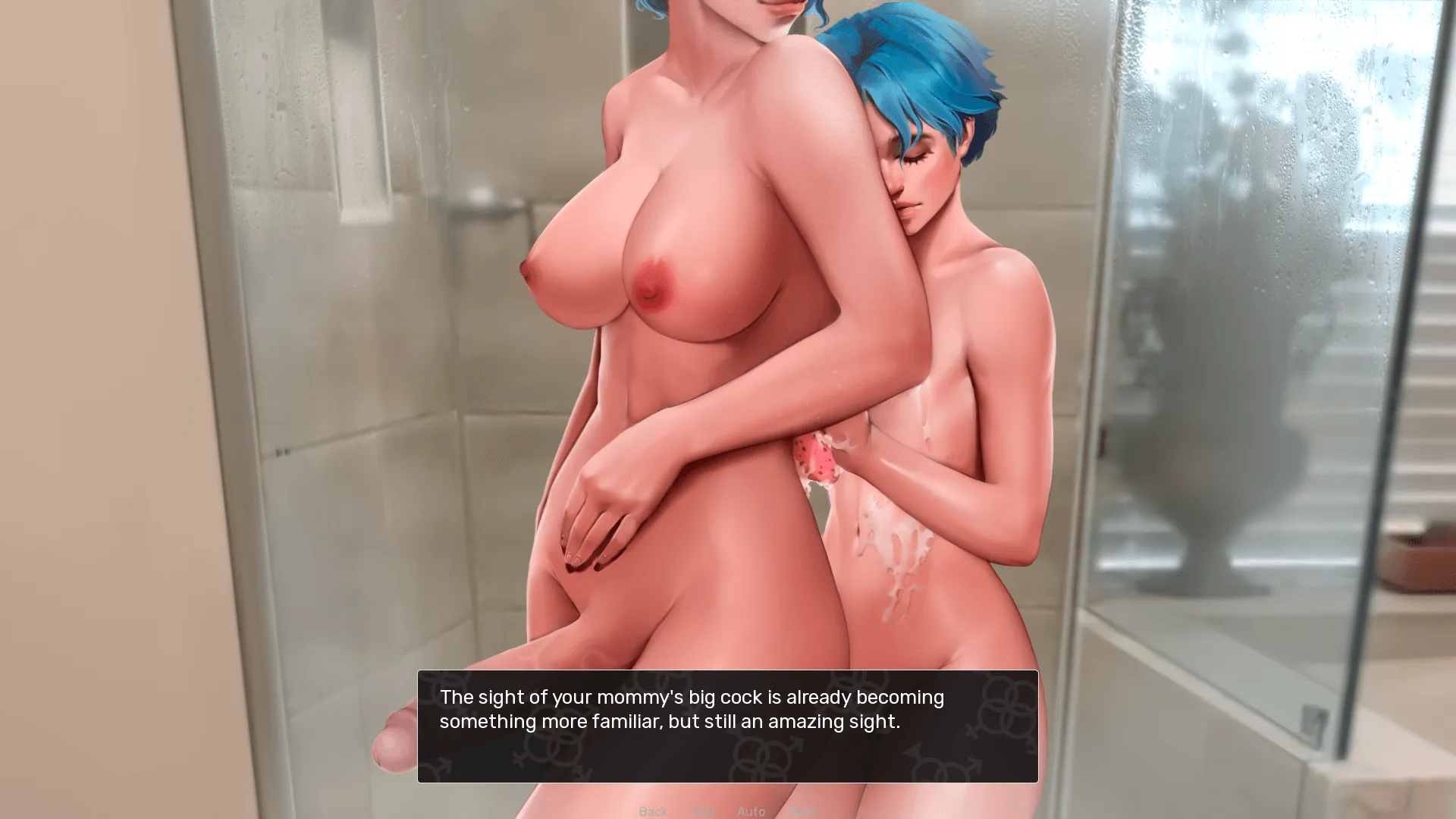
Wicked Choices: Book One
Play Wicked Choices: Book One
Wicked Choices: Book One review
Explore storylines, characters, and gameplay mechanics in this choice-driven adult adventure
Wicked Choices: Book One stands out as a narrative-driven interactive experience that places player agency at its core. This choice-driven adventure combines dark fantasy elements with complex character development, allowing you to shape the destinies of multiple protagonists through your decisions. Whether you’re drawn to the supernatural intrigue or the intricate relationship dynamics, understanding the game’s mechanics and storyline will enhance your experience. This comprehensive guide explores everything you need to know about navigating this immersive world.
Understanding the Dual Protagonist System
Who is Michael Preston and His Destiny
Let me tell you about the first time I truly understood Michael Preston’s character in Wicked Choices: Book One. I was playing through what I thought was a standard “newlywed settling into wealthy family life” scenario, when suddenly my character started having these intense, otherworldly visions. 😳 That’s when it hit me—this isn’t just another visual novel protagonist. Michael is someone you build from the ground up, yet he carries this incredible weight of destiny that you can’t escape.
Michael begins as what appears to be an ordinary man who’s married into the incredibly wealthy—and deeply mysterious—Preston family. 🏰 You get to customize his appearance, personality traits, and even his moral compass through early decisions. But here’s the twist that makes this Antichrist destiny game so compelling: no matter how “normal” you try to play him, the supernatural elements keep breaking through. The game does this brilliant thing where Michael’s ordinary interactions with his in-laws slowly reveal they’re not just wealthy elites—they’re part of something much darker and more ancient.
What I love about the Michael Preston character development is how your choices genuinely matter. In my first playthrough, I tried to resist the dark impulses, choosing compassion over cruelty whenever possible. Yet the game still acknowledges these as conscious choices rather than defaults. The character control mechanics here are sophisticated—you’re not just selecting “good” or “evil” options, but navigating complex social situations where every dialogue choice can shift Michael’s path toward redemption, damnation, or something in between. 💫
The beauty of Michael’s journey is how the choice-driven narrative makes you complicit in his transformation. When his father-in-law offers him a “business opportunity” that clearly involves questionable morality, your decision doesn’t just affect resources—it begins shaping Michael’s identity. I remember deliberately choosing the most corrupt path in one playthrough, and watching how Michael’s dialogue options became progressively darker and more manipulative was both thrilling and slightly terrifying! 😈
Princess Lynara’s Role and Character Arc
Now let’s talk about my absolute favorite character in this rich universe—Princess Lynara. 👼 When I first encountered her storyline, I expected her to be the typical “heavenly guide” archetype. Boy, was I wrong! Her narrative stands as a complete counterpoint to Michael’s, yet it’s equally complex and morally ambiguous.
Princess Lynara begins her journey as a celestial being sent to monitor—and potentially neutralize—the emerging Antichrist threat. But here’s where the Princess Lynara storyline gets fascinating: she’s not some emotionless angelic robot. She’s young by immortal standards, curious about humanity, and deeply conflicted about her mission. In one of my playthroughs, I had her spend so much time observing human kindness that she began questioning whether Michael deserved redemption rather than destruction.
The corruption elements in her branching storyline system are handled with remarkable subtlety. It’s not about sudden falls from grace, but gradual moral compromises. I remember one particular sequence where Lynara intervenes to save a human life, directly violating celestial law. The game doesn’t flash “CORRUPTION +5” on screen—instead, you notice her dialogue options becoming more emotionally charged, her questions about heaven’s absolute authority more frequent. 🌟
What makes the Princess Lynara storyline so compelling is how her narrative explores themes of free will versus duty. In my second playthrough, I deliberately steered her toward embracing her heavenly mission without question, and the game rewarded me with incredible insights into the celestial bureaucracy and its centuries-long planning for this exact moment. But the emotional cost was palpable—her character became increasingly detached and clinical, losing the warmth that made her so engaging initially.
The dual protagonist gameplay truly shines in how it handles Lynara’s independent development. While Michael is wrestling with dark family secrets and his emerging powers, Lynara is having her own crisis of faith, making allies and enemies within the celestial realms, and discovering that the cosmic “balance” she’s sworn to protect might not be as black-and-white as she was taught. ✨
How the Two Storylines Intersect
This is where Wicked Choices: Book One elevates itself from a great game to an absolute masterpiece. 🎮 The way these two narratives weave together while maintaining their independence through Chapter 5 is storytelling genius. During my first complete playthrough, I kept waiting for the inevitable meeting between Michael and Lynara, and the buildup had me on the edge of my seat!
The dual protagonist gameplay creates this delicious tension where you’re controlling both the hunter and the hunted, understanding both perspectives intimately. There were moments playing as Lynara where I’d uncover information about Michael’s activities, then switch to Michael’s perspective and use that knowledge to evade her—or sometimes, to deliberately leave clues. This creates a meta-layer of strategy that’s incredibly rewarding.
What’s brilliant about the character control mechanics is how your decisions in one storyline create ripple effects in the other. In one memorable instance, I had Michael use his growing influence to fund a local community center through the Preston Foundation. When I switched to Lynara’s perspective, I discovered this act of “benevolence” had actually strengthened Michael’s public image, making her superiors question whether he truly posed a threat. The game doesn’t explicitly connect these dots—you experience the consequences organically through gameplay. 🌊
The branching storyline system ensures that no two intersections feel the same. In my corruption-heavy playthrough, I had Lynara so disillusioned with heaven that she actually began protecting Michael from other celestial agents, creating this twisted alliance that completely redefined their eventual meeting. Meanwhile, in my “pure” playthrough, their first encounter was a dramatic confrontation filled with moral certainty on both sides.
Here’s a practical tip I learned through multiple playthroughs: pay attention to the timeline indicators! ⏰ The game shows you when events in Michael’s and Lynara’s stories are happening concurrently. Sometimes, manipulating this synchronization can create powerful narrative payoffs. I once arranged for both characters to investigate the same location from different angles simultaneously, and the resulting scene was one of the most tense and rewarding moments I’ve experienced in gaming.
| Aspect | Michael Preston | Princess Lynara |
|---|---|---|
| Background | Married into wealthy Preston family, discovers supernatural heritage | Celestial being from higher dimension, tasked with monitoring threats |
| Core Motivation | Understanding his destiny while navigating family politics | Balancing duty with growing curiosity about humanity |
| Story Themes | Corruption, power, family legacy, free will | Duty vs compassion, celestial politics, moral ambiguity |
| Character Arc | From ordinary man to embracing or rejecting his fated role | From obedient agent to independent thinker questioning authority |
The choice-driven narrative in these intersecting paths creates what I call “narrative echoes”—decisions you make early as one character can dramatically alter contexts and options for the other character chapters later. I once had Michael spare a minor character who turned out to be crucial to Lynara’s investigation, completely changing her available evidence and subsequent choices.
What makes this Antichrist destiny game stand out is how it avoids simplistic moralizing. The game understands that true drama comes from difficult choices where both options have merit and consequences. When these two beautifully developed characters finally collide, every decision you’ve made—from major moral crossroads to seemingly minor dialogue choices—converges into a moment that feels both inevitable and completely earned. 🏆
The dual protagonist gameplay isn’t just a gimmick—it’s the heart of what makes Wicked Choices: Book One so memorable. By the time Chapter 5 concludes and their paths irrevocably merge, you’ve lived both perspectives so thoroughly that whatever happens next feels deeply personal, because you’ve helped build both sides of this cosmic conflict.
Wicked Choices: Book One represents a sophisticated approach to interactive storytelling, combining meaningful player choice with complex character development and dark thematic elements. The dual protagonist system creates a unique experience where your decisions genuinely shape the narrative direction and character fates. From Michael Preston’s journey through family corruption to Princess Lynara’s transformation, each playthrough offers the potential for different outcomes based on your choices. The game’s substantial content volume and detailed world-building demonstrate the developer’s commitment to creating an immersive experience. Whether you’re drawn to the supernatural mythology, the intricate relationship dynamics, or the challenge of navigating moral ambiguity, this choice-driven adventure offers depth and replayability. Understanding the game’s mechanics, themes, and character systems will enhance your ability to make meaningful decisions and fully appreciate the consequences of your choices throughout this compelling narrative.


